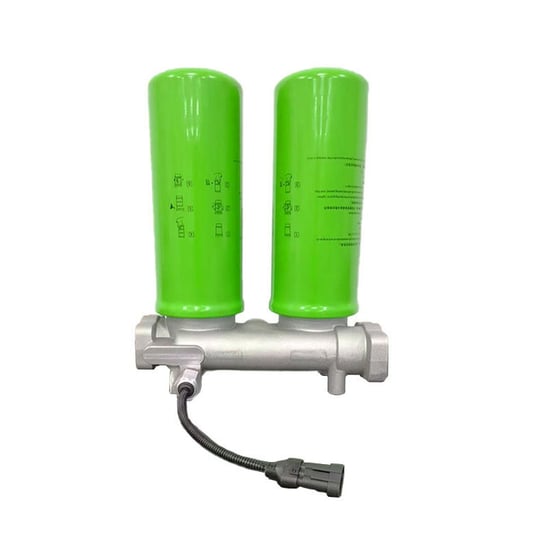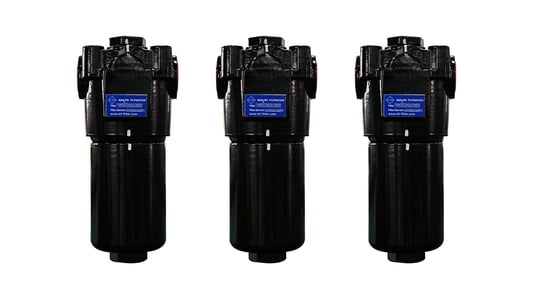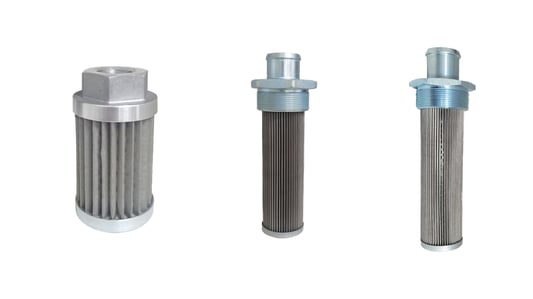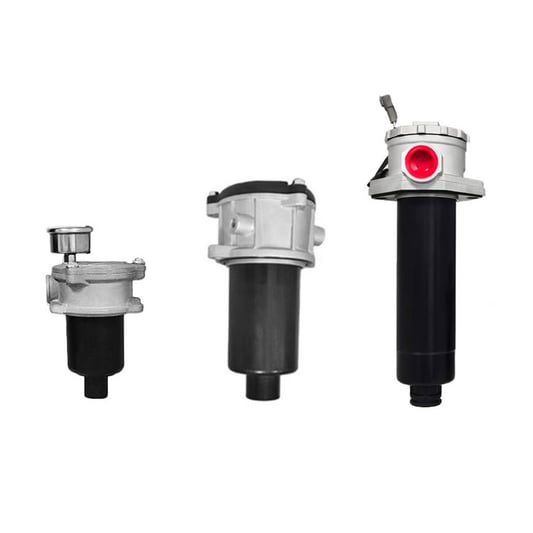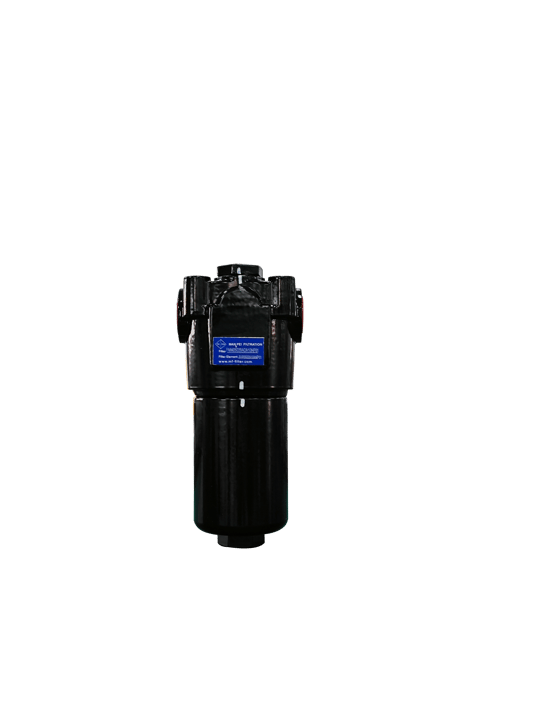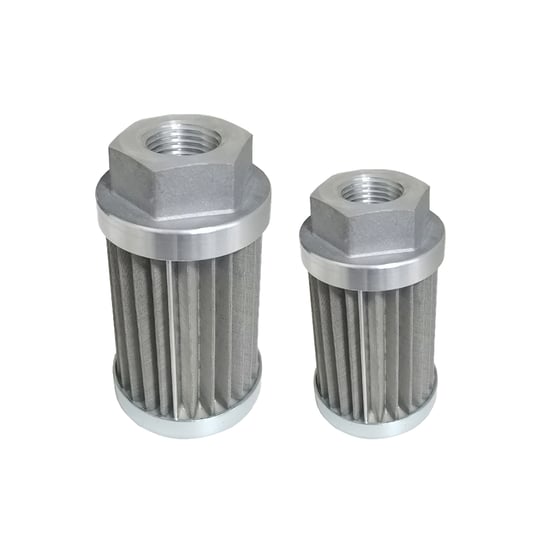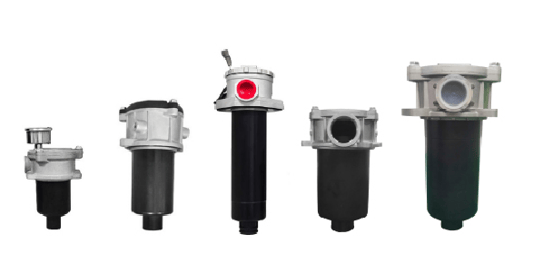What is a high pressure fluid filter?A high pressure fluid filter is a device that removes solid particulates from fluids, such as oil, fuel, or water, that are under high pressure. These filters are designed to work in extreme conditions, removing contaminants from fluids that can cause damage, wear and tear on equipment, and other serious issues.How Do High Pressure Fluid Filters Work?High pressure fluid filters work by forcing the fluid through a filter element that traps contaminants and debris. The element is made up of porous materials that allow the fluid to pass through, but capture the impurities. As the filter element becomes clogged, the pressure inside the filter increases, triggering an indicator that alerts operators to the need to change the filter element.The Importance of High Pressure Fluid FiltersHigh pressure fluid filters are essential to ensuring the long-term reliability and performance of hydraulic and lubrication systems. By removing contaminants, these filters help prevent premature wear and tear on equipment, which can save time and money in the long run. They also help to reduce downtime caused by equipment failure.Types of High Pressure Fluid FiltersThere are several different types of high pressure fluid filters available, including spin-on filters, cartridge filters, and magnetic filters. Each type has its own set of advantages and disadvantages, depending on the specific application. Spin-on filters, for example, are easy to replace and require little maintenance, while magnetic filters are effective at removing metal particles from fluids.Applications of High Pressure Fluid FiltersHigh pressure fluid filters are used in a variety of applications across many industries. They are commonly found in hydraulic systems used for heavy equipment, such as construction machinery, as well as in the aerospace industry, where they help ensure the safety and reliability of critical components.Choosing the Right High Pressure Fluid FilterChoosing the right high pressure fluid filter requires a careful analysis of the specific application and the contaminants that need to be removed. Factors to consider include flow rate, pressure rating, filter media type, and operating temperature. A reputable supplier can help identify the best filter for each individual application.How Often Do High Pressure Fluid Filters Need to Be Replaced?The frequency of filter replacement depends on the specific application and the level of contamination present in the fluid. Most manufacturers recommend replacing the filter element on a regular basis, anywhere from every 100 hours of operation to every 1,000 hours or more. Operators should monitor the filter's pressure drop and change the element as needed.Maintaining High Pressure Fluid FiltersProper maintenance of high pressure fluid filters is essential to their long-term performance and reliability. This includes regular inspections, cleaning, and replacement of filter elements as needed. Operators should also keep a record of filter changes and maintenance activities to help identify any potential issues.The Benefits of Using High Pressure Fluid FiltersThe benefits of using high pressure fluid filters include improved equipment reliability and performance, reduced maintenance costs, and increased safety and environmental protection. By removing contaminants from fluids, these filters help prevent damage to critical components and extend the lifespan of equipment.Conclusion: Choosing the Right High Pressure Fluid Filter Can Improve Your Equipment's PerformanceHigh pressure fluid filters are essential to the reliable operation of hydraulic and lubrication systems. Choosing the right filter for your application can help improve equipment performance, reduce maintenance costs, and increase safety and environmental protection. By working with a reputable supplier, operators can ensure they are using the best possible high pressure fluid filter for each individual application.Quote InquiryContact us!



